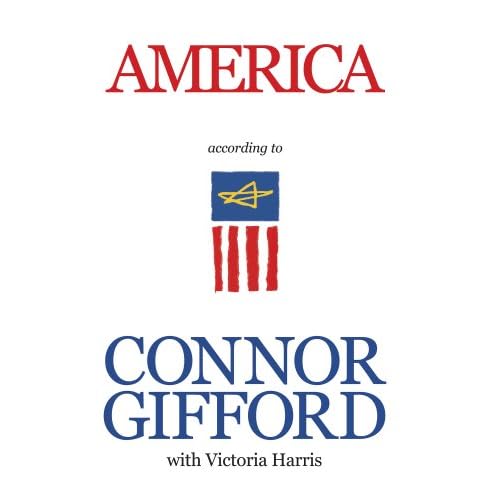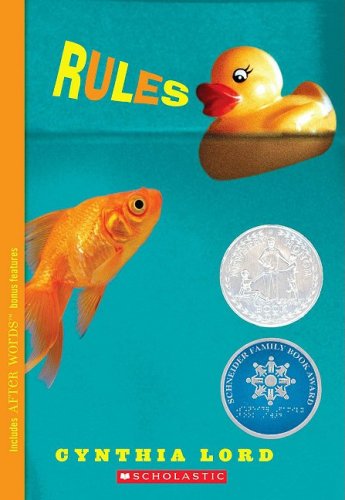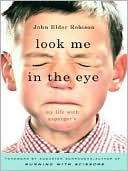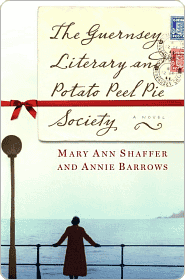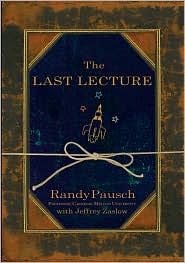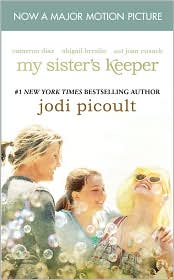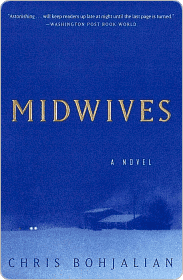 “Comforts of togetherness should not lead to structures that will restrict the dynamic character of God’s continuing revelation.” Huston Smith
“Comforts of togetherness should not lead to structures that will restrict the dynamic character of God’s continuing revelation.” Huston Smith
Being raised in the Deep South entrenched in a fundamentalist Christian environment, I rarely heard anything positive about the world’s other religions. I remember once hearing that a friend’s mother had decided to become a Hindu or Buddhist. The words associated with the story were demonic, sin, lost, tragedy, and rescue. It sounded like a scary situation.
So now I’m all grown up, and a writer. And after forty-three years of a combination of blindly believing what I was taught, and questioning and contemplating it all, I’ve decided to write a new novel that delves into the greatest mystery of all time: God. Well, that’s a big nut to try and crack with 80,000 words, interesting characters, and an earthly plot.
What can I say? I love a good challenge, the impossible, the stretch, the things other people are either too smart or too dumb to touch with a ten foot pole. So I plan to start this novel next month. God will narrate.
My novel writing always begins with research, so to learn more about the world’s religions, I went to the bookstore to see what kinds of books would help. There were quite a few written by Christian ministers. And then there was the 50th Anniversary Edition of Huston Smith’s, The World’s Religions (HarperOne). I spent at least an hour reading the backs of each book. I considered buying several. Ultimately, the back cover of Smith’s book, coupled with its phenomenal 50-year shelf-life convinced me to lay out 17 bucks for it, and believe the thick paperback could ultimately serve as the basis of my research.
From the back cover:
Huston Smith’s masterpiece explores the essential elements and teachings of the world’s predominate faiths, including Hinduism, Buddhism, Confucianism, Taoism, Judaism, Christianity, Islam, and the native traditions of Australia, Africa, Oceania, and the Americas.
Emphasizing the inner-rather than the institutional-dimension of these religions, Smith devotes special attention to Zen and Tibetan Buddhism, Sufism, and the teachings of Jesus. He convincingly conveys the unique appeal and gifts of each of the traditions and reveals their hold on the human heart and imagination.
Of course, the entire time I was reading Smith’s book, my well-meaning mother’s voice rang through my brain, telling me Smith was all wrong, and that the only way to God is through Jesus Christ. Everything else is evil, and furthermore, the end of the world is neigh. Perhaps many of you agree. That’s fine, but I believe that gaining an objective understanding of how individuals throughout history and across cultures have embraced what they believe to be God can only strengthen my own personal ideas about God, the meaning of my own life and, ultimately, my death. As a human being, I deserve to decide for myself. We will all die someday, and we will do it alone. We all hope to grasp, even if in some small way, how our own life can have meaning in relation to the millions who have shared our planet. Sometimes, although I don’t understand the arrogance involved, I envy those who are so sure they know all the answers. I’m still searching. Sometimes lately, I think of myself as a single blade of beautiful grass, perfect in its role, and wonder if God simply wants me to enjoy being green, swaying in the breeze, providing a cushion for a tired foot, food for a hungry soul, or just beauty for those who can look at me and appreciate what it is I am. Perhaps it is just that simple. I’d love to just relax and live out my purpose. So it is in the context that I set out to learn more.
The World’s Religions brilliantly melts the religions mentioned above into the basic messages conveyed by the phenomenal, even ordained/supernatural, individuals (and in the case of Judaism, the people) whose sparks originally set them ablaze. It’s interesting how these basic, and interestingly similar, messages were quite simple at the onset yet society managed to complicate them a hundred times over. Smith calls the basic common religious messages, the wisdom traditions. All rooted in love, they speak of avoiding murder, thieving, lying, and adultery. They also push humility, charity, and veracity. Whether or not we as individuals successfully adhere to these ideas moment to moment, day to day, year after year, it seems obvious that the vast majority would agree that these ideas serve as basic excellent goals for living. Bathe them in love for one another and we just might have a perfect world. Smith delves into and defines these goals as viewed through each religion.
Smith also explains the traditions and cultures that support each. In the end, Smith’s eloquent and intelligent explanations relay how important and real God is to the human race, but also just how convoluted and confusing we’ve managed to make it. Smith doesn’t tell you what to believe, but he does attempt to answer the critical question of how “we comport ourselves in a pluralistic world that is riven by ideologies, some sacred, some profane?” His answer is that we listen.
Smith says, “Those who listen build peace, a peace built not on ecclesiastical or political hegemonies but on understanding and mutual concern. For understanding, at least in realms as inherently noble as the great faiths of mankind, brings respect; and respect prepares the way for a higher power, love—the only power that can quench the flames of fear, suspicion, and prejudice, and provide the means by which the people of this small but precious Earth can become one to one another.”
It’s tough for me to read and write about a book without also considering other books I’ve recently read. (I see life in connected patterns; perhaps that’s one reason I’m a writer.) During the time I was reading The World’s Religions, I also read the Dalai Lama’s book, The Universe in a Single Atom: The Convergence of Science and Spirituality as well as Carlotta Walls LaNiers’ A Mighty Long Way: My Journey to Justice at Little Rock Central High School (review coming soon). The Dalai Lama’s book focuses on the vase and deep well of knowledge that still eludes us, while LaNier’s book relayed how, not so very long ago, extreme, unfounded hatred and bigotry existed in our own backyard. In today’s global society, there is still much room to grow. According to Smith, there will never be one world religion because people and cultures are so vastly different, nor should there have to be. All we need is love. It is the root of our quest, no matter where we live. Smith points out that love and understanding (which comes from listening) are reciprocal. I wish Little Rock had exhibited more love and understanding in the late 1950’s. I wish there was more today in Tibet.
When I was growing up, I heard an awful lot of people speaking, desperately trying to give to the world what they thought was salvation. There wasn’t a whole heck of a lot of listening going on. Smith writes that Thomas Merton once said that God speaks to us in three places: in scripture, in our deepest selves, and in the voice of the stranger. We must have the graciousness to receive as well as to give, for there is no greater way to depersonalize another than to speak without also listening. I've been depersonalized in this way so I deeply related to this message.
Smith’s book gave me exactly what I was looking for during my hour spent in the bookstore Religion aisle. It taught me the basics of the world’s religions in a refreshing, unbiased way yet also gave me a lot to think about. I plan to think about all those things as I write my new novel. Once finished, I’m not sure if my opinions on God and religion will have changed but something will change. After all, that’s one of the reasons I write. As for today, my religion is love.
Huston Smith is widely regarded as the most eloquent and accessible contemporary authority on the history of religions. To learn more about Smith and his work, go here.
 I really enjoyed this book. It's written by the mother of a child who is discovered to be blind a few months after birth. There is very open talk about how this impacted her relationship with her husband and then four-year-old daughter, as well as other family and friends.
I really enjoyed this book. It's written by the mother of a child who is discovered to be blind a few months after birth. There is very open talk about how this impacted her relationship with her husband and then four-year-old daughter, as well as other family and friends. 

